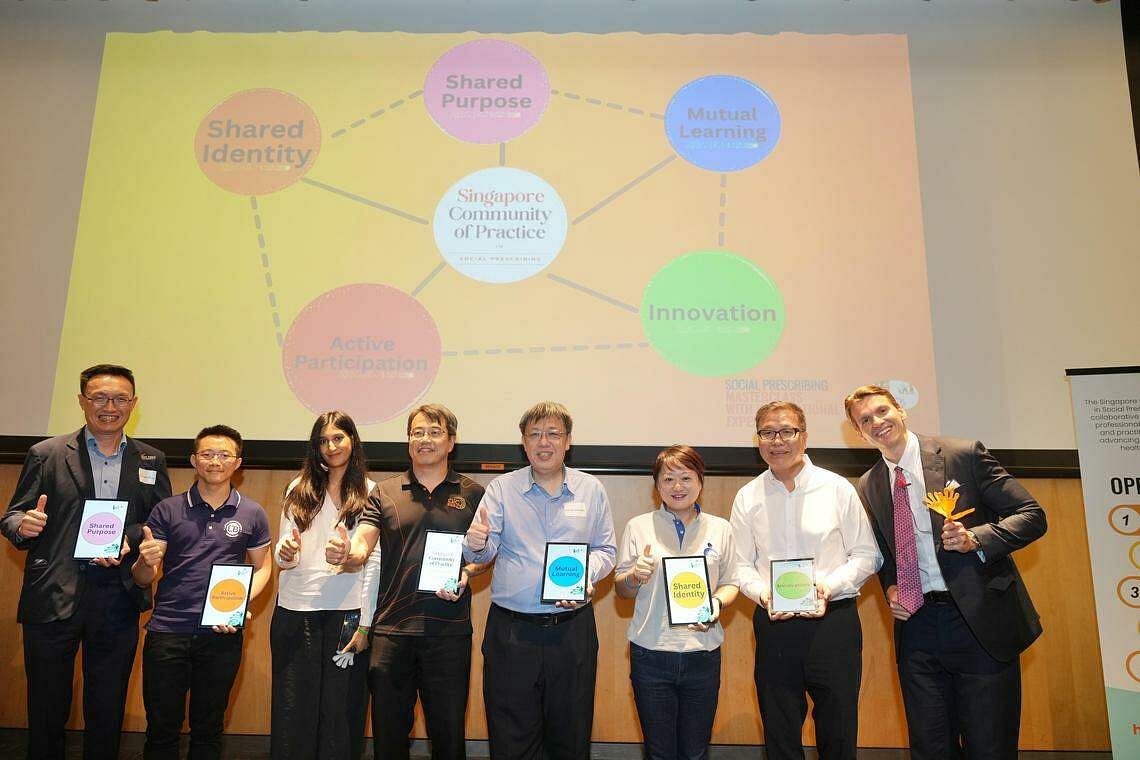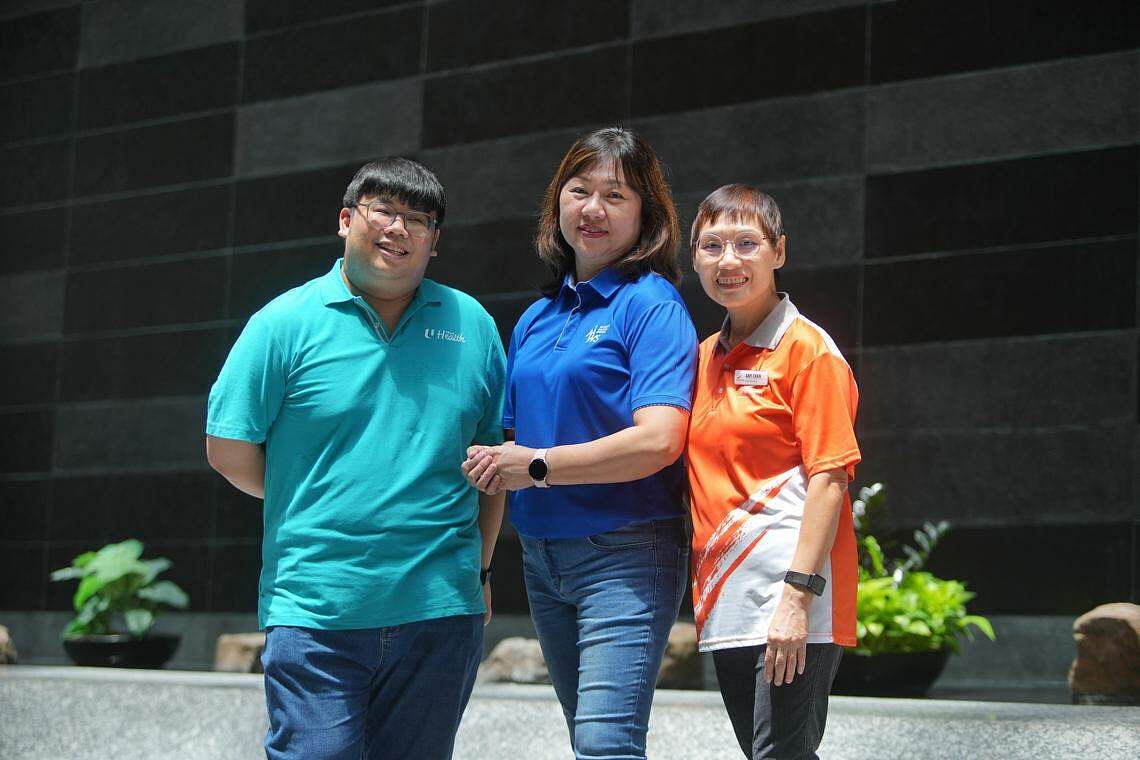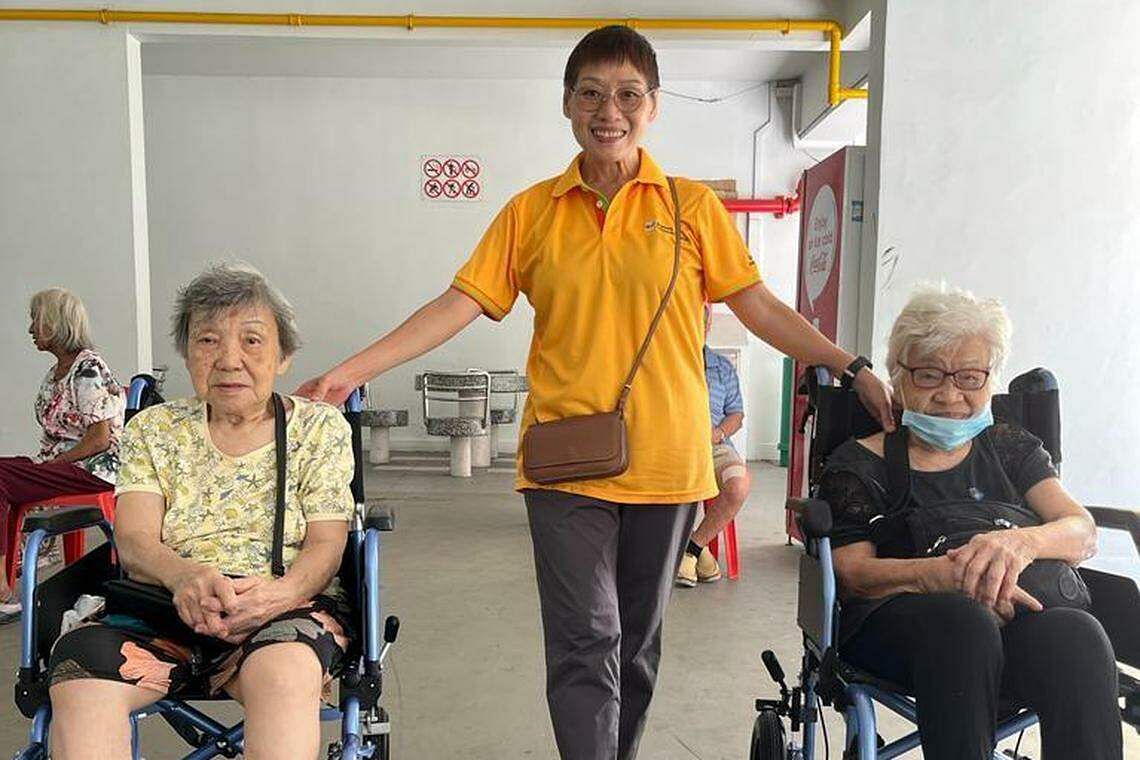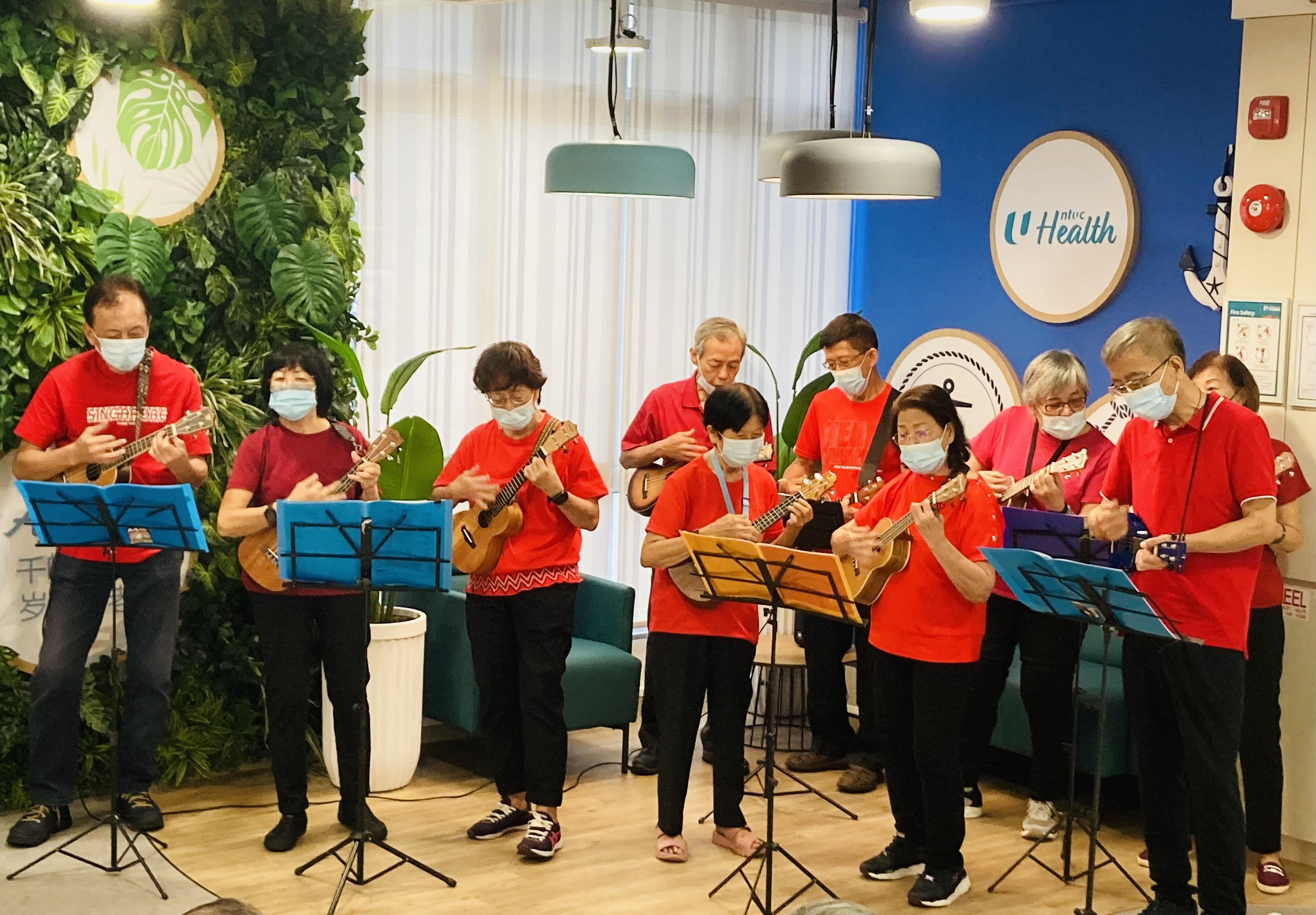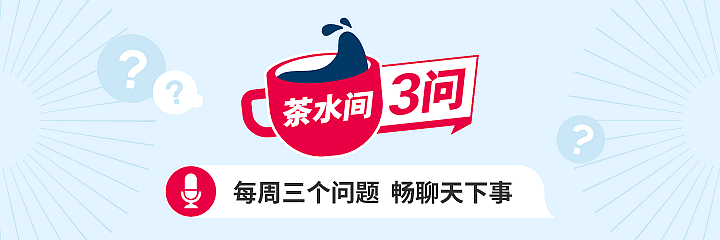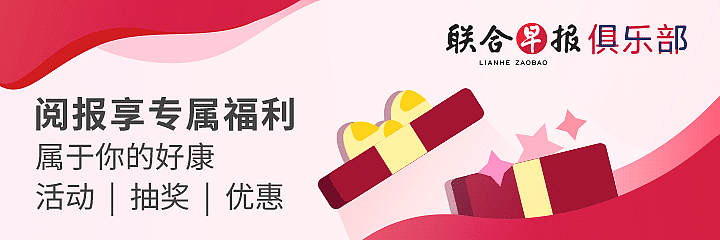SPEECH BY MR ONG YE KUNG, MINISTER FOR HEALTH, AT THE 1ST ASIA PACIFIC POPULATION HEALTH CONFERENCE AND 2ND ASIA PACIFIC SOCIAL PRESCRIBING CONFERENCE
2024-11-28
Speeches
SPEECH BY MR ONG YE KUNG, MINISTER FOR HEALTH, AT THE 1ST ASIA PACIFIC POPULATION HEALTH CONFERENCE AND 2ND ASIA PACIFIC SOCIAL PRESCRIBING CONFERENCE
28 November 2024
Mr Cheng Wai Keung, Chairman, SingHealth
Mr Lee Tzu Yang, Chairman, SUTD Board of Trustees
Guests, ladies and gentlemen
1. I am happy to join you today at the inaugural Asia Pacific Population Health Conference and second Asia Pacific Social Prescribing Conference.
Age-Old Knowledge and Wisdom
2. It has been known since time immemorial that our health is driven by social and environment factors, more so than healthcare and medicines.
3. Hippocrates, a fourth century BC Greek physician who was regarded as a father of medicine, said “Let food be thy medicine and medicine be thy food”. The Yellow Emperor’s Inner Canon, 黄帝内经, summarises the theory and practices of Traditional Chinese Medicine, with comprehensive coverage of preventive medicine, explaining how environment, lifestyles, weather, sunrise and sunset, and state of the human spirit affect the quality of human existence, in other words our health. It was compiled over 2,200 years ago.
4. Jumping ahead to more recent history, the saying ‘Prevention is better than cure’. The saying can be traced back to Desiderius Erasmus, a Dutch priest of the 16th century. In 1903, American inventor Thomas Edison predicted the following: “The doctor of the future will give no medicine, but will interest his patient in the care of the human frame, in diet and in the cause and prevention of disease”. He was prescient.
5. Yet despite age-old wisdom, it is hard to persuade and cajole human beings to practise good preventive care and lead a healthier life. Modern life, with all its luxuries and temptations, provide us with too many excuses to go down the path of bad health. It is exasperating to speak to a smoker. They know it is bad for their health but they would say they would die if they stopped smoking. Actually, we all die, and it is whether one dies faster or slower, and more painful or more peaceful. We choose to smoke and vape, over-eat, over-consume sodium, sugar and alcohol, and get addicted to video games and social media, usually with the full knowledge that these are detrimental to our health.
6. The economic-psychological explanation is that there is a present bias, as people consciously make poor intertemporal choices to over-enjoy now and suffer a lot later. It makes no sense, but we constantly do it.
The Emergence of Population Health
7. The study of population health aims to correct this irrationality in personal choice. Social prescribing is an important intervention arising from the foundation of population health. It became more popular in the 1990s, as a means to instruct or persuade people to correct their lifestyles, in the same way as doctors prescribe medicines.
8. The science of social prescribing is updated through decades of research. There is now far greater understanding in the causal links between health and sanitation, education, employment, housing and social support. We have sharpened our understanding in this field, but as I mentioned, these are things that we knew all along for centuries or millennia. One insightful finding that jolted this Health Minister to the potential risk of ageing, is that social isolation of a senior carries a mortality risk comparable to smoking up to 15 cigarettes a day. So just imagine that during COVID-19 when people had to be at home and were socially isolated, they were essentially smoking 15 cigarettes a day. The damage went beyond the virus.
9. Today, population health as a discipline, and social prescribing as an intervention, are going through a dynamic evolution across healthcare jurisdictions around the world. Why has it become so?
10. One major change, which I had mentioned, is COVID-19. Governments around the world are starting to understand the damage caused by social isolation. Governments around the world imposed social measures for prolonged periods during the pandemic. Health ministries are beginning to truly understand the impact of these social measures on population health. More importantly, health ministries began to realise that social measures must be an integral part of health policy options. It has been done during the pandemic. Likewise, it can be done during peace time to make the population healthier.
11. The bigger driver, I believe, is ageing population. Other than Africa, every continent in the world is ageing, and governments have realised that the healthcare and even fiscal system will not be able to support their population if the current trajectory of ill health, exacerbated by ageing, continues.
12. Hence social prescribing today has become far more than just an intervention or a field of study, but is being developed into comprehensive policy systems. I will give an analogy. I attended an antimicrobial resistance (AMR) conference recently where there were presentations and opinions about AMR, the need for antibiotics stewardship, responsible use of antibiotics in agriculture, so on and so forth. The Nigerian Coordinating Minister of Health and Social Welfare, Professor Muhammad Ali Pate, gave a very short intervention. He said that in Nigeria, as in many developing countries, what they need is a good primary care system. When there is a good primary care system, AMR, antibiotics stewardship etc., will follow. Likewise, we can talk about social prescribing, but ultimately, it must rest on an implementation system, and a set of policies and mechanisms that allow us to activate social prescribing and allow people the motivation to follow up.
13. In Singapore, we saw major changes to healthcare policies over the past two years, centring around population health and social prescription. We launched our national strategy Healthier SG to promote and encourage preventive care. Under Healthier SG, we are mobilising private family physicians – and a great majority have joined us – to connect their patients to social and fitness activities in communities. Doctors are now meeting their patients and coming up with Health Plans. A Health Plan is essentially a set of social prescriptions and we are doing it across one or two million of our adult population. We moved public hospitals to capitation funding, which went smoothly thanks to the support of all our hospitals. There is now an inherent organisational motivation to work with family physicians and community partners to drive preventive care.
14. We are strengthening social support systems for seniors very significantly, by setting up an extensive network of Active Ageing Centres (AACs) to connect them and serve as their social touchpoints. We drew inspiration from Japan’s Ibasho movement in setting up our AACs, a senior empowerment movement after the Fukushima nuclear disaster.
15. Our IT systems now need to support this shift in the centre of gravity of healthcare from hospitals to the community, from treatment to prevention, and from clinical to social interventions. We have therefore set up a national repository of healthcare data and we will soon seek Parliament’s approval to mandate contribution of data by all healthcare service providers, across all settings, clinical as well as community.
16. The Health Minister of Saudi Arabia His Excellency Fahad bin Abdurrahman Al-Jalajel is currently on a working visit to Singapore. He told me that his government has launched a Health for All Movement, under which he chairs a council of 10 Ministers, including education, labour, social affairs and housing, to look into the social and environmental factors that affect health.
17. Last year I visited Manchester City, to learn how the Mayor, Andy Burnham, a former Health Minister, promotes population health in the city. I found out that even though he did not have the formal authority to influence various governmental functions in the city of Manchester, he is doing a tremendous job coordinating across all these functions as an elected Mayor.
18. I should add that there is a cultural aspect to social prescribing. Certain cultures, due to their history, geography or traditional lifestyles, simply live more healthily. The docuseries called ‘Live to 100: Secrets of the Blue Zones’ featured several of these cultures, where the people consume healthy food, mostly plant-based, rarely over-eat, engage in low intensity physical activities throughout the day, and live in tight-knit communities and purpose-filled days.
19. Culture has prescribed and blessed these people with healthy lifestyles and healthy lives. Singapore was featured in the docuseries, not as a cultural Blue Zone, but a policy Blue Zone. Our traditions and culture are actually not very healthy. Coconut milk and sodium feature strongly in our diet, but we give the excuse that this is our culture. We would rather enjoy a little bit now and suffer a lot later. We know that, but we continue to do so. But we are successful in using policies to artificially encourage healthier living.
20. I believe that persistence in effective social prescribing of this nature, even in a policy Blue Zone, will evolve new ways of living. Over time it becomes a habit, and then we have a new health culture. I take a lot of encouragement in our Nutri-Grade labelling for sugar. We found out that half of our sugar intake comes from packaged drinks. We looked at the UK which taxes sugar, but we decided Singapore should not do this. We decided to use education and work with the industry to put labels on soda drinks. It has tremendous impact. I can see it in people from young to old. I believe the palates of Singaporeans are changing, as far as sugar is concerned. Our great challenge now is how we change our palate for salt and sodium.
Efforts at SingHealth
21. Our social prescribing efforts are cascading to individual institutions, including here at SingHealth. SingHealth has put social prescribing into practice since 2019, with the introduction of wellbeing coordinators at SingHealth Community Hospitals.
22. These are dedicated professionals who are incorporated into clinical teams to screen patients for social health risk factors. Patients with identified risks are then connected to interest groups and wellness activities in the community, which include gardening, singing, fitness groups etc. That way, we support their wellbeing post-discharge from the hospitals.
23. To support wider adoption of social prescribing nationwide, the SingHealth Community Hospitals Office of Learning (called ‘SCHOOL’) has worked with partners to roll out training programmes on social prescribing. The programmes cater to a wide range of professionals, including General Practitioners, community care providers, social workers and volunteers. More than 1,000 learners from the health and social care sectors have participated in these programmes and they will help us amplify the implementation of social prescription.
24. Today, we are launching SingHealth Community Hospitals as a World Health Organization Collaborating Centre for Social Prescribing. This is the first centre of its kind in the world, and acknowledges SingHealth Community Hospitals’ substantial work in this field.
25. We are proud that SingHealth Community Hospitals has attained this designation. It will continue to play its part to advance the practice of social prescribing globally, through research, collaboration, mutual learning and capacity-building.
Closing
26. In closing, I am sure there will be active sharing of new research findings, best practices and ideas at today’s conference, which I was told is overwhelmingly subscribed, a testimony to the importance of social prescribing and the level of interest in the subject. As the year comes to an end, we usher in the festive season of giving, and also eating and drinking. So let’s all practise some good social self-prescription this season, even though we are all likely to make medically irrational decisions.
27. I wish you all a fruitful conference and a healthy year ahead.
Ministry of Health
Staying healthy
Seeking healthcare
Ageing well
Managing expenses
Newsroom
Resources
About us
Reach us
Contact Us
Feedback Form
© 2024 Government of Singapore, last updated 29 November 2024
Report Vulnerability
Privacy Statement
Terms of Use
REACH
Made withIsomer
Built byOpen Government Products

